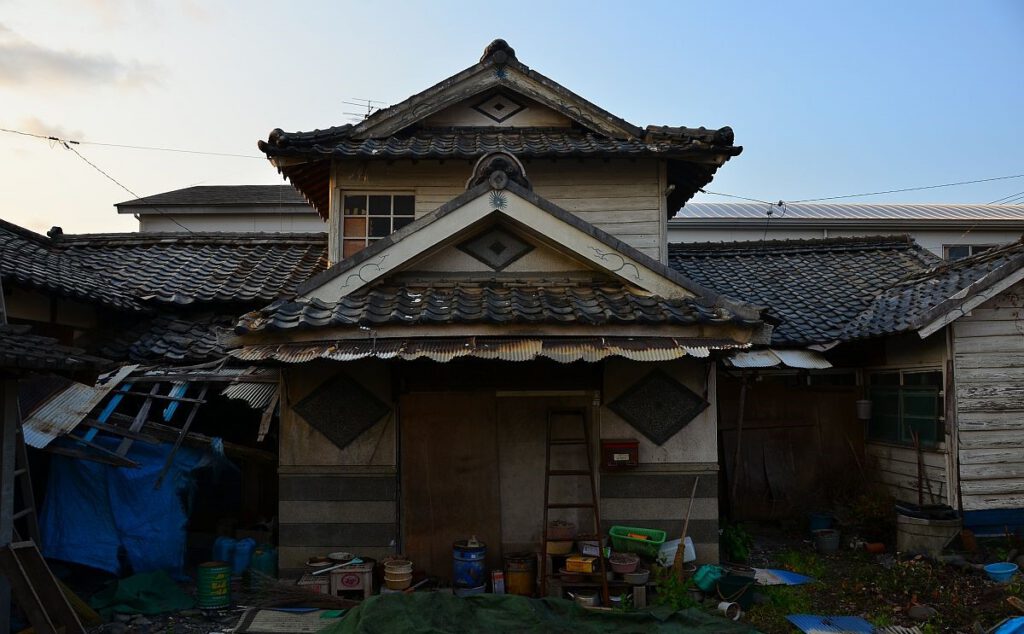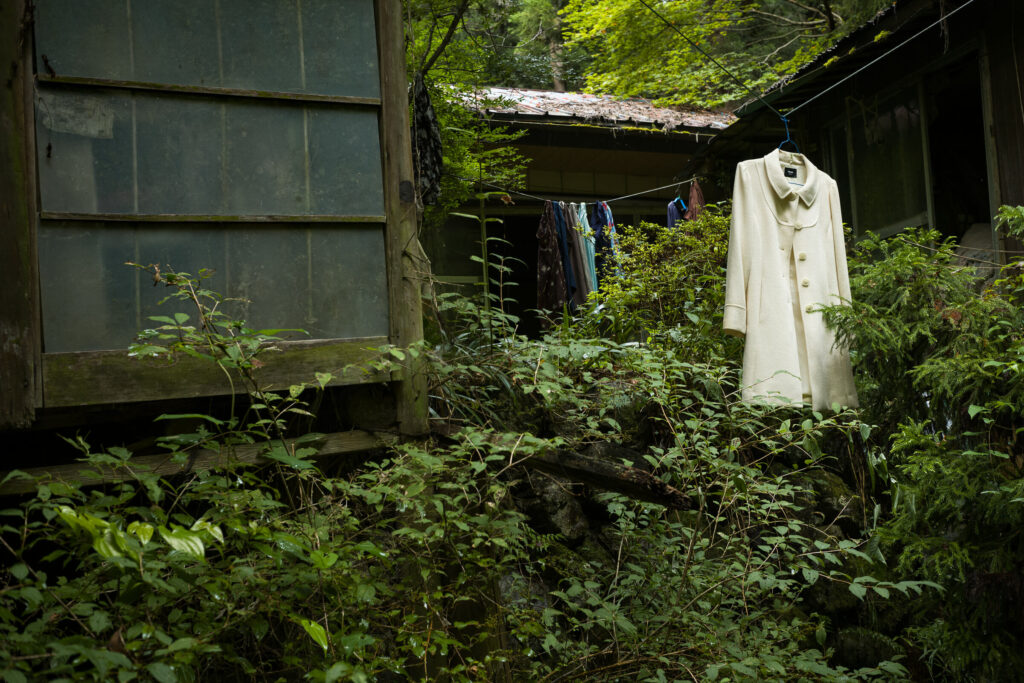The Escalating Problem of Abandoned Homes in Japan

In recent years, abandoned homes in Japan have become a prominent concern, particularly in rural areas. One of the leading factors contributing to this issue is the high property tax rates imposed by local governments. These steep tax rates, sometimes as high as 1.7% of a property’s value, deter individuals from inheriting or holding onto family properties, especially given Japan’s already elevated land prices.
Japan’s aging population has compounded the problem. With an increasing number of elderly residents and a shortage of caregivers, there is a growing labor gap, making it challenging for people to contemplate returning to their hometowns.

To address the surplus of abandoned homes, “Akiya Banks” have been established. These institutions manage and facilitate the transfer of abandoned properties to interested buyers or occupants. However, despite properties being priced as low as 150,000 baht in rural areas or 200,000 baht in Tokyo, there are very few takers.
For Thais with the financial means, the idea of purchasing property in Japan might be tempting. Legally, this is possible, as Japan permits foreigners to own land. However, residing in Japan permanently presents its own set of challenges, including obtaining long-term visas and navigating cultural and legal obstacles. While owning property in Japan may be alluring, the practicalities of living there full-time are intricate.
In conclusion, the issue of abandoned homes in Japan highlights complex challenges related to property taxes, an aging population, and cultural beliefs. While it may be enticing to consider property ownership in Japan, the path to permanent residency involves confronting various legal and cultural hurdles.
















Leave feedback about this